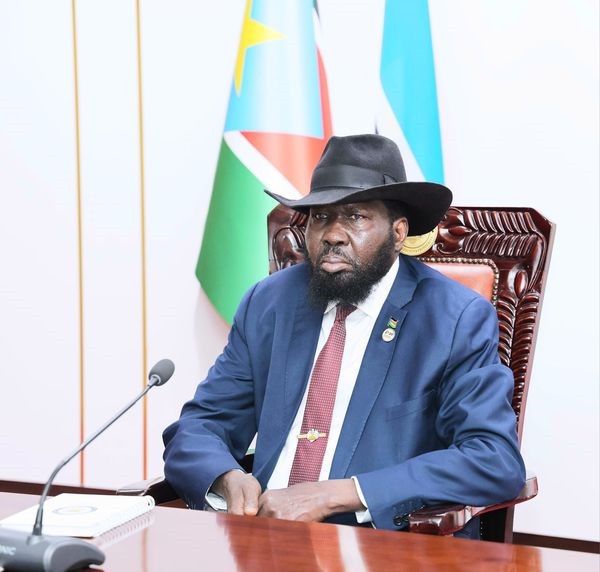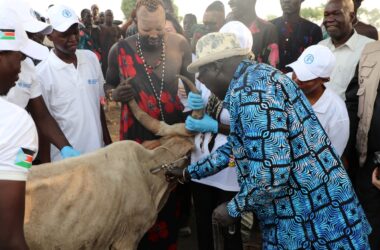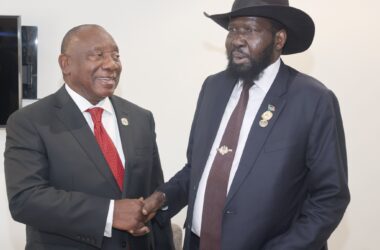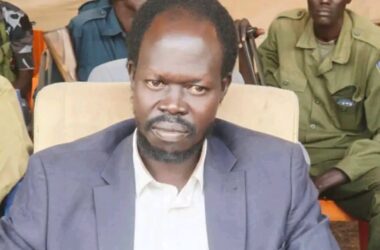By Yiep Joseph
Residents of the Ruweng Administrative Area (RAA) have appealed to President Salva Kiir to reconsider the frequent replacement of Chief Administrators.
They argue that such frequent changes hinder development efforts and encourage leaders to prioritize personal wealth over community progress due to job insecurity.
The community stated that a more gradual approach to leadership transitions would better serve the interests of the people and maintain continuity in local administration.
The concerns were raised during a welcoming ceremony for the Chief Administrator of Ruweng, Tiob de Monyluak, last week.
Since Ruweng was established as a state in 2015 and later designated an Administrative Area in 2020, it has experienced a turnover of eight leaders in just nine years.
Speaking during the reception, Hon. Arop Kok Kiir, Speaker of the Ruweng Administrative Area Legislative Council, cited that the frequent leadership changes are harmful to development initiatives, as they disrupt continuity and hinder effective governance.
“We are nine years old, and now our leaders have been replaced now, and then, as I speak now, we have received eight leaders. There is a need for the President to give Chief Administrator Tiob de Monylauk a chance to develop the area,” Arop said.
Hon. Arop appealed to the leaders in Juba to stop continuous campaigns to change administrators.
“When you change leaders after every short time, they cannot implement their development program. I called on those who campaign for the removal of leaders to stop and give them time,” he said.
He promised that the Administrative Area Assembly and the government at large are committed to teaming up with Chief Administrator Tiob De Monyluak to implement its plans.
Paulino Jau, Sudan People’s Liberation Movement (SPLM) Secretary in Ruweng Administrative Area, appealed to President Salva Kiir to maintain the current Chief Administrator for a longer time to implement his plans.
He added that the administrative area needs development, citing that such processes need enough time for the leader to implement.
Local Chief Malual Jau Dau further stressed that the continuous replacement of leaders hinders development.
He also noted that once appointed, leaders live in fear and embezzle public resources, fearing they could be removed at any time.
“Our leaders have been changed many times, and this has created fear. There is a need to leave the current administrator to stay for some time and bring development,” he said.




